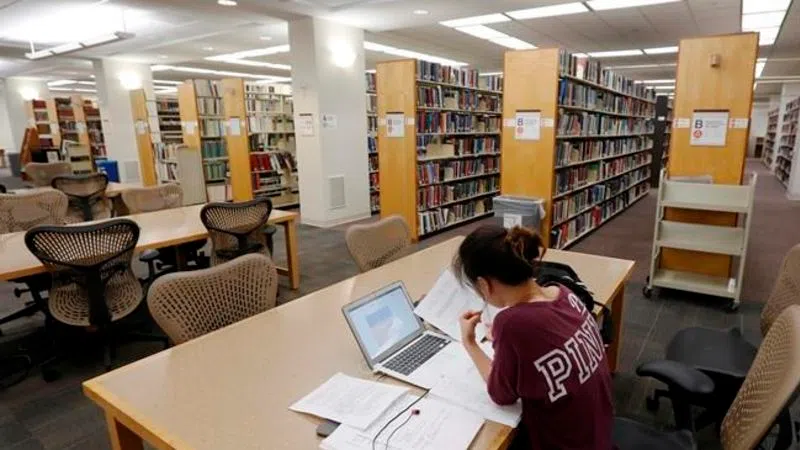
Risk of student loan defaults rising, say documents warning ‘system is broken’
OTTAWA — The risk of student loan defaults and delays has been on the rise, and the “system is broken,” officials warned the federal government in a presentation earlier this year.
Federal student debt alone is approximately $17 billion and the Liberal government has to regularly write off millions of dollars in loans it will never collect, say the documents, obtained by The Canadian Press under the Access to Information Act.
The presentation, dated five days before the Liberals tabled their 2019 budget, said the costs for post-secondary education have increased at rates “above wage growth and inflation” over the last decade, while the cost of living has also jumped, creating an affordability crunch for new and graduating students.
Nonetheless, post-secondary education remains a must for many entering the job market, the documents acknowledge.
